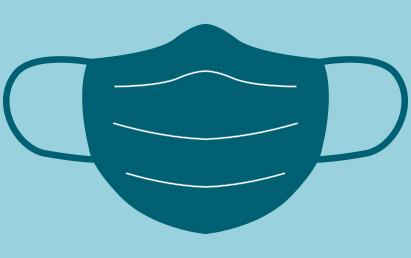therapy talk
AAMFT Clinical Fellow Tonya Girard is treating some people who have never sought therapy services before. “People who were coping well in their lives, just day to day and didn’t really need anybody to talk to, are now finding it difficult to be isolated, sometimes isolated with their families … They’re reaching out and needing that extra support.” She is working with those who are family members and friends of people who have died from COVID-19, as well as with healthcare workers and with people across the community who are being impacted by the pandemic. While some people are having trouble coping now, Girard said it wouldn’t be surprising if a certain portion of the population didn’t start showing signs of traumatic stress until months after the pandemic ends. She compared this to the traumatic stress experienced by those who go to war. “Once the storm dies down and the stimulation dies down a little bit, that’s when it’s safer for you to start having those complicated thoughts and feelings. They can flood people.”
Other articles
My Best Advice for MFTs Providing Court Testimony
In the course of professional practice as a mental health professional, I have responded to many subpoenas and been questioned in the process of legal discovery numerous times. I have only provided testimony on the stand in court twice, but over the past nearly two decades, I have advised and observed untold therapists who have done so and participated in many sessions of preparation with attorneys providing legal counsel.
Blake Griffin Edwards, MS
The 3.12(e) Violation
Case scenario: “Ines” is notified that a prior client of hers had lodged a complaint of professional misconduct to both the state, as well as to AAMFT. Subsequently, as Ines prepares for dealing with the state’s investigation, she receives notification from the AAMFT Ethics committee that her case will be held in abeyance until a determination by the licensing board has been made, and that after that decision has been made, she may be charged with a violation of Standard 3.12(e).
Lisa Reynolds, PhD
Climate Change for Clinicians
There is growing awareness in the popular culture of both climate change and its impacts on mental health. Two out of three Americans (66%) report they are “somewhat worried” about global warming, and 30% are “very worried,” a nearly threefold increase since 2014 (Leiserowitz et al., 2019).
Gioia Jacobson, MA
